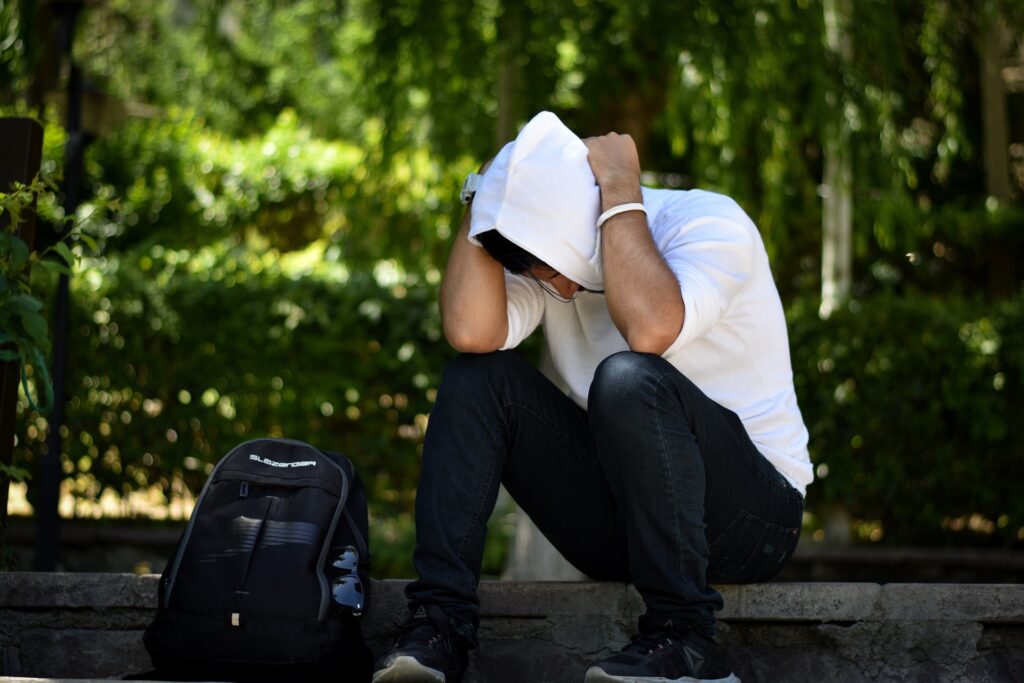Coping Strategies for Anxiety and Depression: Finding Balance Through Mindfulness and Meditation.

As a psychiatrist with over four decades of experience, I’ve seen the profound impact of anxiety and depression on individuals’ lives. These mental health conditions can be debilitating, affecting every aspect of daily functioning. However, effective coping strategies can help manage symptoms and improve overall well-being. Among these, mindfulness and meditation stand out as powerful tools for managing anxiety and depression.
Understanding Anxiety and Depression
Anxiety is characterized by excessive worry, fear, and apprehension, often about future events. Depression, on the other hand, involves persistent feelings of sadness, hopelessness, and a lack of interest in activities once enjoyed. Both conditions can lead to physical symptoms and significantly impact daily life.
The Role of Mindfulness and Meditation
Mindfulness and meditation offer practical, evidence-based strategies for managing anxiety and depression. These practices help individuals develop a greater awareness of their thoughts and feelings, allowing them to respond to stressors in a more balanced and constructive manner.
Practical Strategies for Coping with Anxiety and Depression
Mindful Breathing
Focus on your breath, inhaling deeply through your nose, holding for a few seconds, and exhaling slowly through your mouth. This simple practice can help ground you in the present moment and reduce feelings of anxiety.
Body Scan Meditation
Lie down in a comfortable position and bring your attention to different parts of your body, starting from your toes and moving up to your head. This practice can help release tension and promote relaxation.
Gratitude Journaling
Each day, write down three things you are grateful for. Focusing on positive aspects of your life can shift your mindset and reduce symptoms of depression.
Engage in Physical Activity
Regular exercise has been shown to improve mood and reduce anxiety. Incorporate activities you enjoy, such as walking, yoga, or dancing, into your routine.
Mindful Eating
Pay attention to the experience of eating. Notice the colors, textures, and flavors of your food. Eating mindfully can enhance your relationship with food and improve your overall sense of well-being.
Limit Exposure to Stressors
Identify sources of stress in your life and take steps to minimize them. This might involve setting boundaries, delegating tasks, or seeking support from friends and family.
Seek Professional Help
If anxiety and depression persist, consider seeking help from a mental health professional. Therapy and, in some cases, medication can be highly effective in managing symptoms.
The Impact of Regular Practice
Consistently incorporating mindfulness and meditation into your daily routine can lead to significant improvements in managing anxiety and depression. These practices help create a sense of inner calm, enhance emotional regulation, and promote a more balanced perspective on life’s challenges.
Conclusion
Coping with anxiety and depression requires a multifaceted approach, and mindfulness and meditation are invaluable tools in this journey. As a psychiatrist, I have seen countless individuals regain control over their lives through these practices. By embracing mindfulness and meditation, you can develop resilience, find inner peace, and navigate the complexities of anxiety and depression with greater ease.
For more insights on mental health and wellness, subscribe to our blog for the latest updates and expert advice. Discover the transformative power of mindfulness and meditation today!
